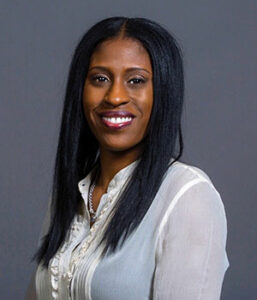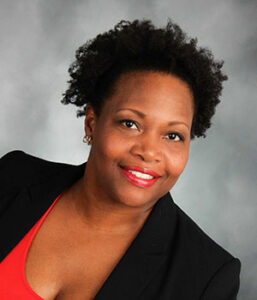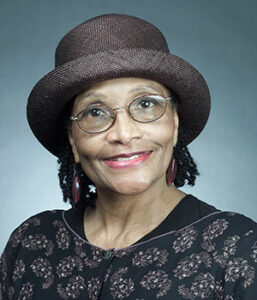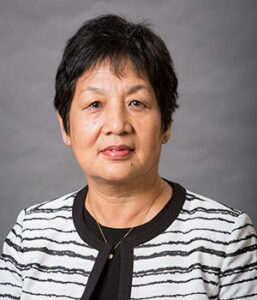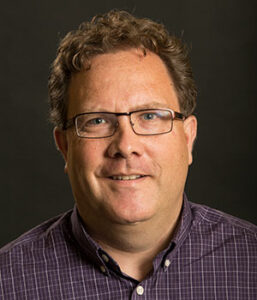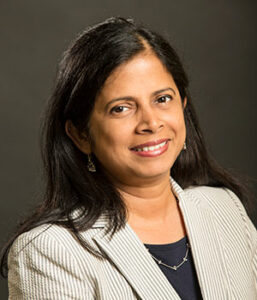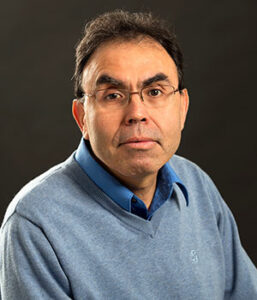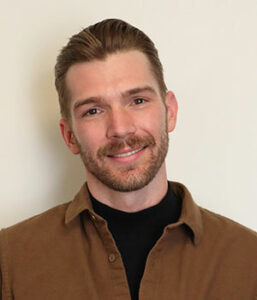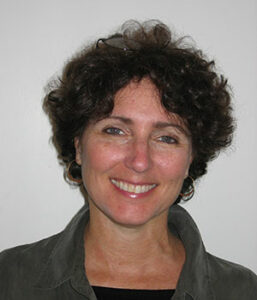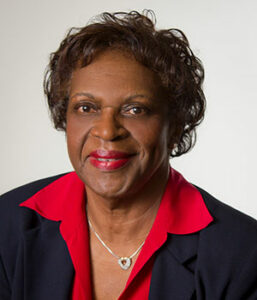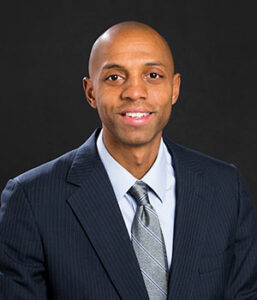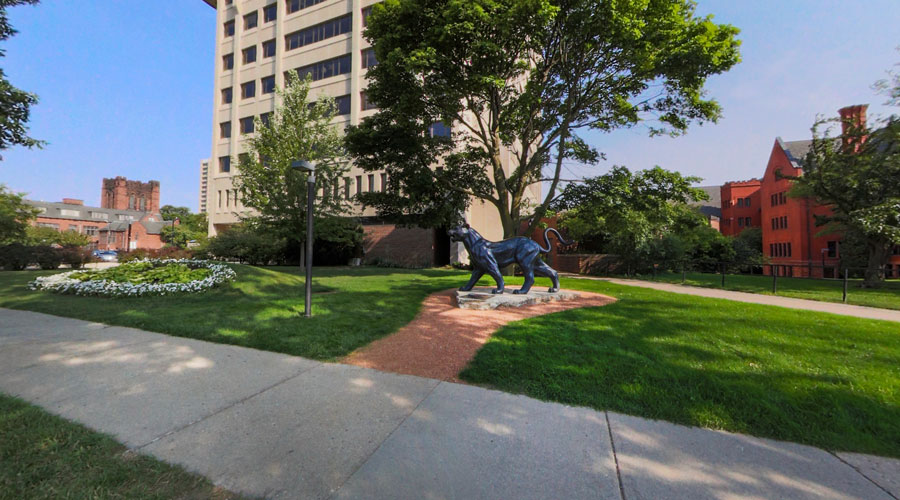Community Engagement and Education (CEED) BS
A community education bachelors program for people interested in community change, urban schooling, and social justice.
The program can be completed fully online or hybrid (a few meetings a semester), and many students earn credit from past professional experiences. Graduates work in community-based organizations, schools, child care centers, and more.
Program Type
Major, Minor
Program Format
On Campus, Online
Why Choose the Program?
- Flexibility: Fully online and hybrid.
- Affordability: Earn up to 42 credits for prior experience.
- Individual Support: Responsive faculty who understand that students have lives beyond the classroom.
- Diversity: Over 50% students of color.
- Success: High graduation rates for students from all backgrounds.
Program Highlights
- Gain skills in:
- Leadership
- Education
- Program development
- Entrepreneurship
- Social analysis
- Learn about community and school contexts in collaboration with local leaders.
- Thrive in a supportive learning environment with diverse colleagues.
- Pursue careers in
- Community-based organizations and government
- K-12 schools (CEED does not license K-12 teachers for public schools)
- Child care
- Colleges and universities
Interested? Applications are free! Advisors will help you plan your pathway to graduation.
Accelerated Master’s Degree Program
Interested students can pursue MS degrees in Cultural Foundations of Community Engagement and Education or Cognitive & Developmental Sciences in conjunction with the Community Engagement and Education BS program, completing the combined degrees with fewer total credits.
Program Requirements
Note: Not all classes are available online every semester. View the Required Course Offering Pattern table below to see online and face-to-face/hybrid offering patterns for Community Engagement and Education required courses each semester. Few required classes are offered in summer semester.
Required Course Offering Pattern
| Course # | Fall | Spring | Summer |
|---|---|---|---|
| ED POL 111 | Online | Hybrid | |
| ED POL 112 | Hybrid | Online | |
| ED POL 113/203 | Hybrid, Online | Online | |
| ED POL 114 | Hybrid | Online | |
| ED POL 375 | Face-to-Face/Hybrid, Online | Face-to-Face/Hybrid, Online | |
| ED POL 506 | Online | Hybrid | |
| ED POL 534 | Online | Online | Online |
| ED POL 601 | Hybrid | Online |
Credit for Prior Professional Educational Experience (PPEE)
Students with a range of work and community experience may earn up to 42 lower-division credits by taking exams. Pay for 3 credits, and any additional earned credits are free.
Submajors
Develop your own program, or choose from transcript-designated certificate programs and submajors designed for students interested in specific careers.
- Child and Family Services (Academic Catalog Requirements – Submajor)
- Child Care (Academic Catalog Requirements – Submajor)
- Community Based Organizations: Policy and Leadership (Academic Catalog Requirements – Submajor)
- Exceptional Education (Non-Licensure) (Academic Catalog Requirements – Submajor)
Minor
Learn about local urban communities and how to improve them. Gain practical knowledge for building a career in human services.
Honors Requirements
Alumni Profiles
Explore brief interviews with Community Engagement and Education graduates by visiting the Alumni Profiles webpage.
Fast-Growing Employment Prospects in Program Related Employment
- 12% (double the average) job growth: Social and Community Service Program Managers.
- 10% (double the average) job growth: Community and Social Service Occupations.
- 8% (one and a half times the average) job growth: Administrators of Preschool and Childcare Centers.
Source: U.S. Bureau of Labor Statistics website.
Fieldwork for Experience
Get credit for fieldwork internships to strengthen your resume, network to make connections for jobs, and get recommendations from people in the field.
A Sample of Actual Jobs Found by Graduates
Faculty
- Associate Professor, Educational Policy and Community Studies
- Program Director, Alternative Education
- rfarhin@uwm.edu
- Enderis Hall 523
- Associate Professor, Educational Policy and Community Studies
- kalyanir@uwm.edu
- 414-229-2587
- Enderis Hall 519
- Professor, Educational Policy and Community Studies
- Department Chair, Educational Policy and Community Studies
- Program Director, Community Engagement and Education
- Program Director, Cultural Foundations of Community Engagement and Education
- schutz@uwm.edu
- 414-229-4150
- Enderis Hall 553
- Professor, Educational Policy and Community Studies
- swaminar@uwm.edu
- Enderis Hall 557
- Associate Professor, Educational Policy and Community Studies
- jtapia@uwm.edu
- 414-229-5261
- Enderis Hall 563
- Lecturer, Educational Policy and Community Studies
- bwtrager@uwm.edu
- 414-229-3161
- Student Union WG28
- Teaching Faculty III, Educational Policy and Community Studies
- atroiano@uwm.edu
- 414-229-4724
- Enderis Hall 529
- Lecturer, Educational Policy and Community Studies
- avw@uwm.edu
- 414-229-7356
- Enderis Hall 549
Advising
- (Last names A – L) – Tyree Bolden
- (Last names M – Z) – Andrea Azarian
- Senior Academic Advisor, Office of Student Services
- azarian@uwm.edu
- 414-229-4721
- Enderis Hall 209
- Academic Advisor, Office of Student Services
- boldentc@uwm.edu
- 414-229-4721
- Enderis Hall 209


